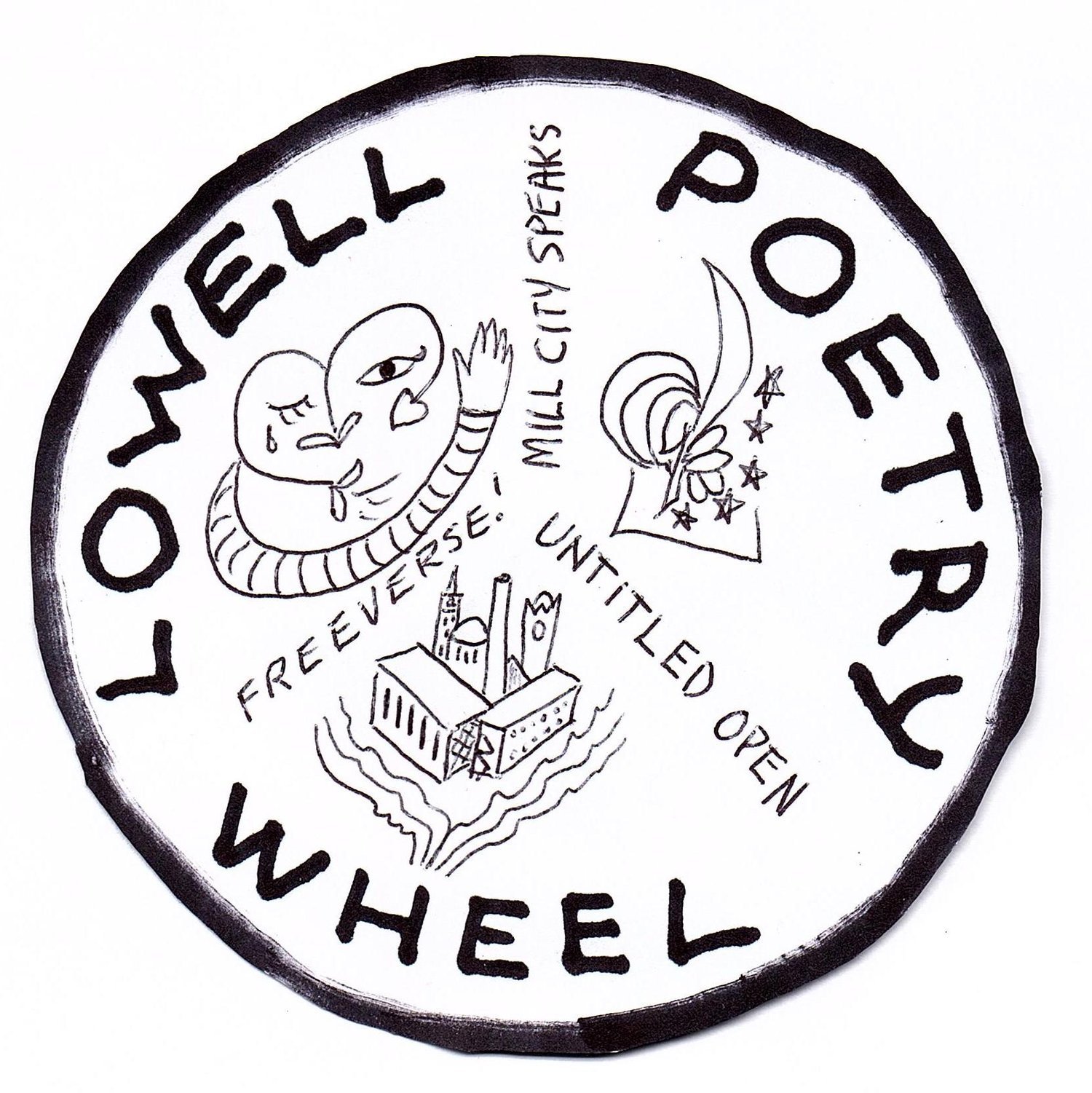August 2024 - Workshop Shit!
As poets, we’re intamately familiar with the concept of self-expression, and we’re often deeply practiced in rhetoric that helps us communicate our own individual identies and our unique experiences: those things which make each of us stand-out, and be recognized amidst the crowd. But self-expression and unique experiences represent only half of the recipe for truly magical and profound poetry. The other great talent poets hone is the ability to document a range of more universily shared experiences: those things to which our readers, audiences, and peers are able to relate, and in which they can imagine themselves. Among the more broadly-shared themes that poets often explore (to name only a handful) are change, life, death, the passage of time, happiness or sadness or pain, love, loss, growth, etc.
In the poem below, Ella Wheeler Wilcox explores the idea of change, an idea that has often been called the only experience consistently shared by everyone everywhe. She approaches the theme initialy with seasonal and natural imagery in order to visually frame the idea of change, before launching into a more direct discussion of the subject. As you read the poem, be open to and conscious of not only all the ways in which Ella Wheeler Wilcox approaches the subject of change, but all the ways in which you as a poet could approach any broad or universal subject. We’ll focus today on how to use the five senses to focuss a broader theme into a more finite frame.
Prompt Poem:
Ella Wheeler Wilcox
Prompt Steps:
1) Read and consider the prompt poem with an eye for how the poet evokes imagery as a tool to discuss change.
2) Come up with a list of a few universal themes such as change and brainstorm different landscapes that you can liken each theme to.
3) Think about the five senses, and what you might see, hear etc. in the landscapes you brainstormed. You can use a table like the one above to help organize your thoughts.
4) Choose one or multiple of the themes/landscapes that you came up with, and spend fifteen minutes on a free write about that/those themes.
5) Once you’ve had a chance to read and edit your piece, if you’d like to share it then feel free to use the comment section below.
Prompt responses:
Andrew’s Response:
This forest now was not this forest when
I used to walk its paths in childhood:
A branch once high above my head back then
Now lies before my feet, and troubles good.
Once clear and pinefresh smells – now rotting wood
And earthy mottled leaves consume each breath,
And owls moan where birds chirped; and I should
Retrace safe, certain steps away from death.
Where supple bark grew now rough lichen clings,
And bulbous knots deface each aging frame,
And all about some roving spirit sings,
Who has forgotten even her own name.
This place has done as all things someday must:
A forest turns to mulch as cities rust.

